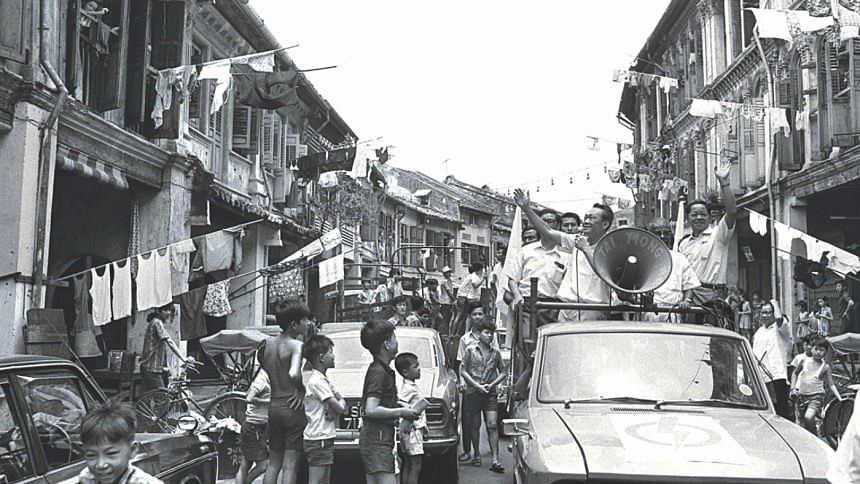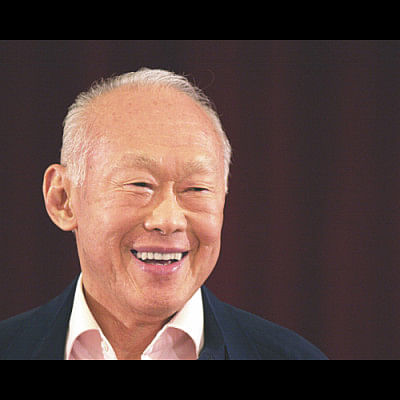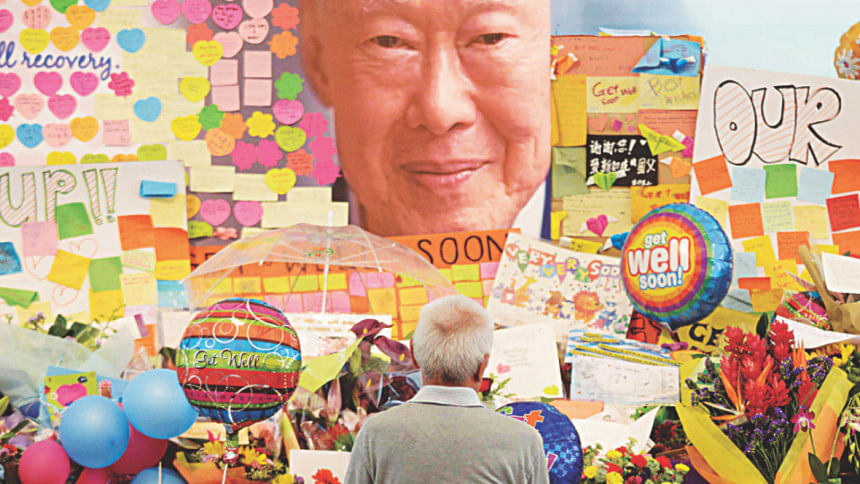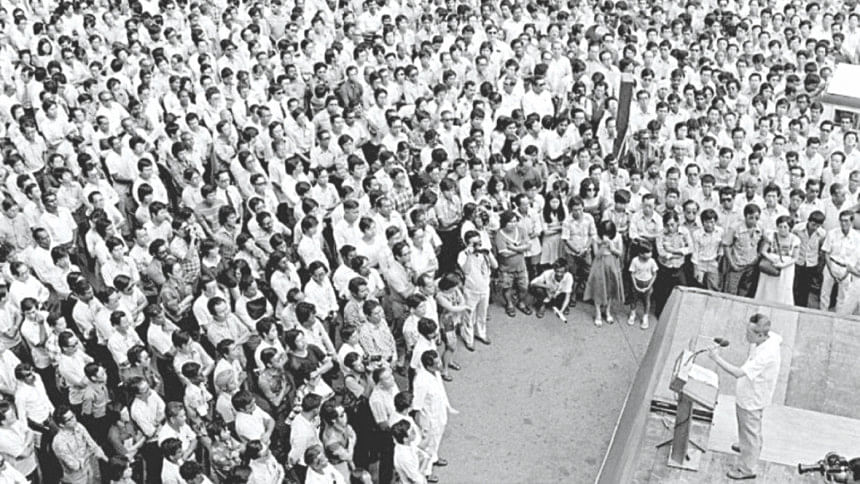Sage, Shrewd Statesman

The United States and China yesterday led global acclaim for Lee Kuan Yew, the Singaporean statesman whose shrewd and sometimes caustic views on world affairs were much sought by his fellow leaders.
Lee is credited with transforming Singapore from a sleepy British imperial outpost into one of the world's wealthiest societies as leader from 1959 to 1990.
"He was a true giant of history who will be remembered for generations to come as the father of modern Singapore and as one of the great strategists of Asian affairs," US President Barack Obama said.
Lee's views "were hugely important in helping me formulate our policy of rebalancing to the Asia-Pacific", Obama said in a statement.

He cited America's track record of economic innovation, its willingness to attract foreign talent and the fact that English is the world lingua franca -- all strengths he exploited in Singapore's own rise.
But Lee was also an early proponent of the view that China would become a force to be reckoned with, recounting in one of his books a meeting with newly emerged paramount leader Deng Xiaoping in 1978.
Lee, the ethnic-Chinese leader of a largely ethnic-Chinese nation, wrote that he told Deng: "Whatever we have done, you can do better because we are the descendants of the landless peasants of south China.

"You have the scholars, you have the scientists, you have the specialists. Whatever we do, you will do better."
As they opened China up after 1978, Deng and his Communist colleagues cast a keen eye on Lee's model of rule -- marrying economic liberalisation with rigid political control.
President Xi Jinping praised Lee as an "old friend of the Chinese people" and said he was "widely respected by the international community as a strategist and a statesman".

After the British withdrew, Lee created modern Singapore out of a short-lived and stormy political union with Malaysia. Their ties remained turbulent down the years.
But in mourning Lee, Malaysian Prime Minister Najib Razak lauded his "determination in developing Singapore from a new nation to the modern and dynamic city we see today".
Lee's political vision was forged in World War II, when Japan routed British and Australian troops to occupy Singapore. He studied law at Cambridge University in the years after, returning home convinced that Asians must be masters of their own destiny.
Japanese Prime Minister Shinzo Abe called Lee "one of the greatest leaders of modern times that Asia has ever produced" and said: "He was highly revered all over the world."
British Prime Minister David Cameron noted that Lee was "sometimes a critical" friend of Britain but stressed his "place in history is assured, as a leader and as one of the modern world's foremost statesmen".

India's Prime Minister Narendra Modi also reflected on Lee's legacy, tweeting: "A far-sighted statesman & a lion among leaders, Mr Lee Kuan Yew's life teaches valuable lessons to everyone."
One lesson that Lee sought to impart was delivered in a sharp-tongued warning in 1980, when he said that Australians risked becoming "the poor white trash of Asia" unless they opened up their economy.
"Our region owes much to Lee Kuan Yew," Australian Prime Minister Tony Abbott said, adding that "today we mourn the passing of a giant of our region".
In recognition of his outsised standing on the international stage, Lee was sometimes spoken of as a potential UN secretary-general. Ban Ki-moon, who holds the job today, called him a "legendary figure in Asia".

 For all latest news, follow The Daily Star's Google News channel.
For all latest news, follow The Daily Star's Google News channel. 



Comments